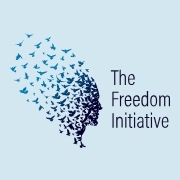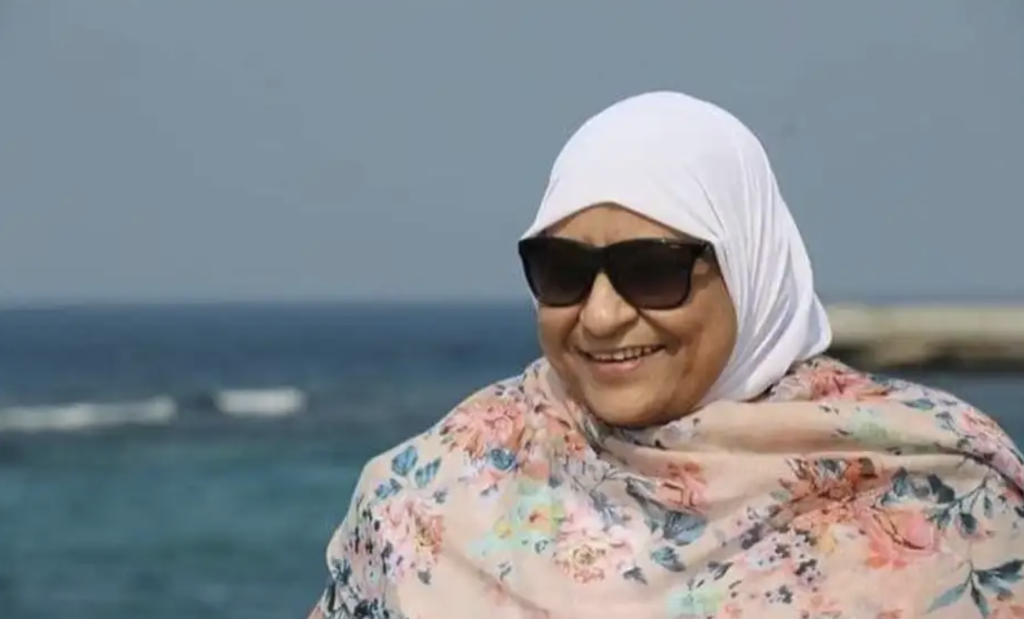Respect for human rights in Egypt – where the most fundamental rights to life, bodily integrity, and justice are violated by state institutions and agencies on a daily basis – requires first and foremost that the country’s president, Abdel Fattah al-Sisi, respect the letter and spirit of the constitution that he pledged to defend. The Egyptian constitution contains provisions that provide reasonable guarantees for human rights, were the president to adhere to them. It further requires the president to comply with Egypt’s international obligations under human rights conventions and the recommendations accepted by Egypt during its third Universal Periodic Review (UPR) before the United Nations Human Rights Council in 2019.
The undersigned rights organizations assert that the current human rights catastrophe in Egypt is unrelated to the lack of a relevant national strategy, which will only serve to whitewash the reality. The country’s abysmal human rights situation is the consequence of brazen disregard for the rule of law, including a lack of political will on the part of the president to respect human rights. President Sisi has repeatedly expressed his contempt for universal human rights enshrined in international conventions ratified by Egypt, citing Egyptians’ supposed lack of human rights culture and awareness relative to Westerners. He has also defended the broad use of capital punishment, which has recently put Egypt among the top three countries worldwide for state executions. Over than 100 people were put to death in 2020 and 80 were executed in the first half of 2021.
Over the past six years, all state institutions, and specifically the legislature and judiciary, have been undermined and weakened in favor of the executive, represented by the president. This has utterly upset the balance of powers, giving the president and his security establishment a free hand to act without oversight by the parliament, courts, media, political parties, or professional syndicates and labor unions. At the same time, independent rights groups have been increasingly stifled and fenced in.
Prolonged pretrial detention is another manifestations of the upsurge in repression under the presidency of Sisi. No longer simply an issue of legislation or a question of compliance with the maximum legal duration, pretrial detention has now become the more profound problem of “recycling” cases. Before or after detainees have served the lawful two-year maximum time in pretrial custody, they are named as defendants in new cases, thus keeping them behind bars without trial or due process indefinitely. The fabricated charges in the new case are often similar to those in the previous case, and draw from the excessively-deployed accusations of financing terrorism or spreading false news—crimes purportedly committed by the defendants while they were in custody.
Recently, detainees have been referred to criminal courts as a prelude to sentencing, in a new arbitrary, unilateral move by the security apparatus. These detainees include but are not limited to defendants in the Hope Coalition case, Dr. Abdel Moneim Aboul Fotouh, the president of the opposition Strong Egypt Party, and his deputy Mohammed al-Qassas, as well as members of the Egyptian Coordination for Human Rights.
These and other human rights crimes and violations seen daily in Egypt do not result from the lack of a national human rights strategy, but rather stem from the lack of political will to respect rights and the rule of law, while enabling an unaccountable security apparatus to ride roughshod over them.
Signatory organizations
- Cairo Institute for Human Rights Studies
- The Egyptian Front for Human Rights
- The Egyptian Forum for Human Rights
- Committee for Justice
- The Freedom Initiative
- Sinai for Human Rights


